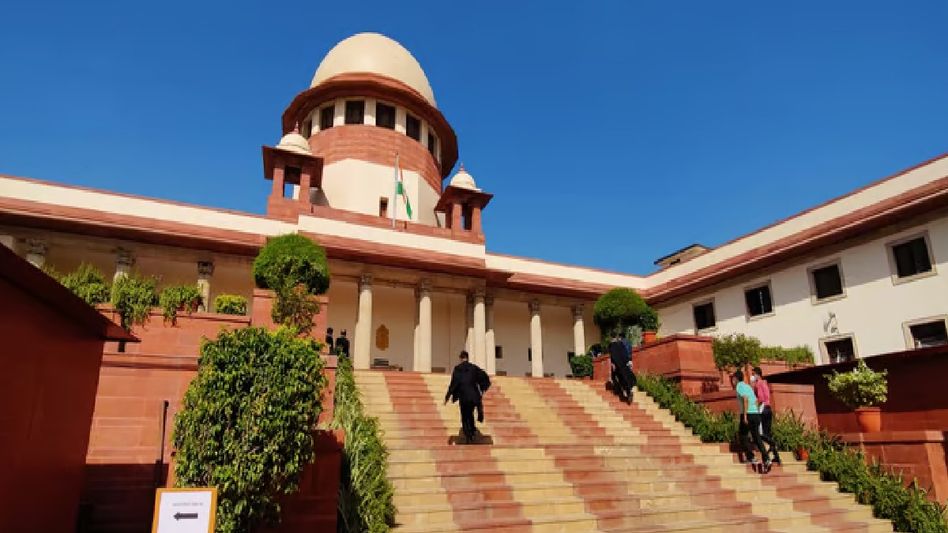Supreme Court issues warning to 5 states including Assam for not filing counter-affidavit in PIL against mob lynching
The Supreme Court of India has directed five states, Assam, Chhattisgarh, Telangana, Maharashtra, and Bihar, to file counter-affidavits addressing a public interest litigation (PIL) filed by the National Federation of Indian Women (NFIW).

The Supreme Court of India has directed five states, Assam, Chhattisgarh, Telangana, Maharashtra, and Bihar, to file counter-affidavits addressing a public interest litigation (PIL) filed by the National Federation of Indian Women (NFIW). The PIL raised concerns over the alarming rise in incidents of lynching and mob violence, particularly by self-proclaimed 'cow vigilantes.' The court has given these states a clear deadline to respond, warning that failure to do so would compel the Chief Secretaries of these states to appear in person and explain why they should not face legal action.
A bench consisting of Justices BR Gavai and KV Viswanathan ordered that the counter-affidavits be submitted by the next hearing date, which is set for four weeks from now. The Registrar (Judicial) has been tasked with communicating this order to the Chief Secretaries of the concerned states, ensuring the matter proceeds as scheduled.
Background of the PIL
The NFIW petitioned the Supreme Court, urging it to issue a mandamus, compelling the authorities to act swiftly in accordance with the findings and directives outlined in the landmark Tehseen Poonawalla judgment of 2018. This judgment had provided comprehensive guidelines for the prevention of lynching and mob violence, a matter that remains pressing in light of recent events.
The petition highlighted several incidents of lynching, including two separate cases in Bihar and Maharashtra, where Muslims were brutally attacked by mobs on suspicion of smuggling beef. Other reported incidents included an assault by Bajrang Dal members on a Muslim man for allegedly transporting cows, the violent detention and humiliation of two Muslim men in Bhubaneswar, and an attack on a bus carrying Hajj pilgrims in Kota, Rajasthan.
The NFIW claims that the state machinery has persistently failed to take adequate preventive measures or to hold perpetrators accountable for such crimes. Despite the Supreme Court’s clear stance that the state has an "unquestionable duty" to protect its citizens from lynching and vigilantism, these incidents continue to occur with alarming frequency.
The petition also attributes the rise in lynchings and mob violence to false propaganda against minorities, which is spread through public events, social media, news channels, and films. According to the NFIW, these platforms have played a crucial role in inflaming communal tensions and promoting hate, contributing to the rise of vigilantism and mob justice.
In addition to requesting the enforcement of the Tehseen Poonawalla guidelines, the NFIW has also called for immediate relief for the victims of lynching. The organization has asked the court to ensure that a portion of the compensation meant for the victims or their families is granted immediately after such incidents, as interim relief to alleviate their suffering.
The Tehseen Poonawalla judgment of 2018 remains a pivotal moment in India's legal fight against lynching and mob violence. The Supreme Court, in its ruling, issued a series of guidelines directing both the Union and state governments to take immediate and decisive steps to prevent mob violence. These measures include ensuring the timely arrest of culprits, providing adequate compensation to victims, and addressing the role of social media in spreading hate.
Also read: Assam: Family forced to bury unmarried Hindu woman in Darrang as villagers remain silent
Copyright©2024 Living Media India Limited. For reprint rights: Syndications Today









